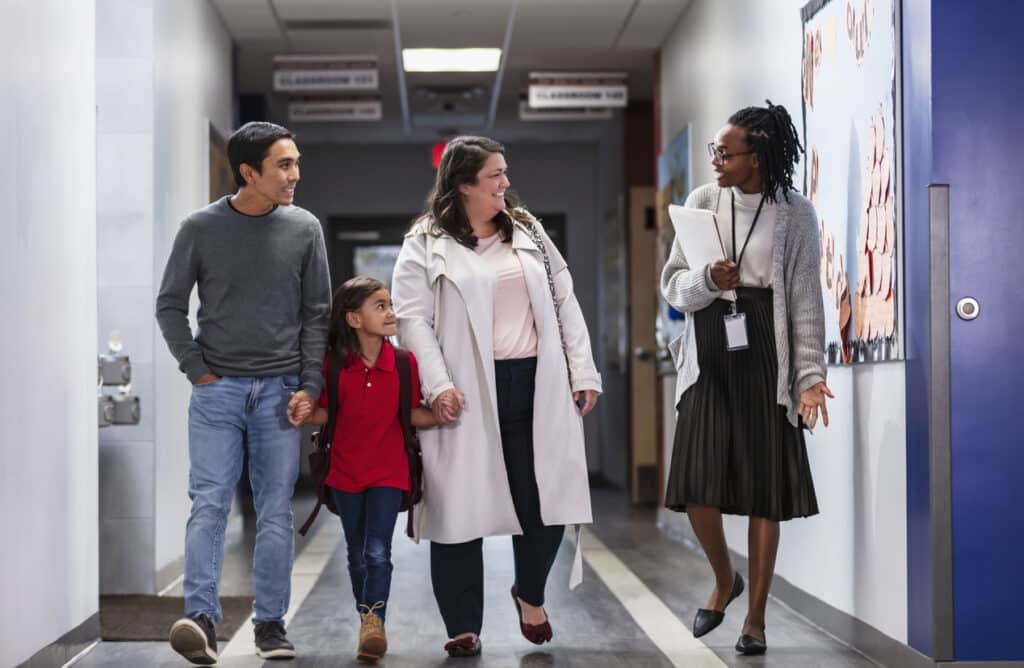
eLuma’s 2025 State of Student Mental Health Report Calls for Sustainable, System-Wide Solutions in K–12 Schools
The Student Mental Health Crisis Isn’t Going Away. It’s Time to Act. For years, schools have worked tirelessly to respond to what many believed was a temporary mental health crisis tied to the isolation and upheaval of the pandemic. Educators and families hoped that as classrooms reopened and routines returned, students would regain their footing. But the latest data tells a different story. According to eLuma’s 2025 State of Student Mental Health Report, the crisis hasn’t eased in the five years since COVID-19 shut down schools nationwide. Nearly six in ten school-based providers say student mental health has worsened over the past year, while only four percent report improvement. Anxiety, depression, and behavioral challenges continue to rise, shaping students’ ability to learn, connect, and thrive. These findings make one thing clear: what we are facing is not a temporary setback. Schools are facing a long-term shift that demands immediate, coordinated, and sustained action. Among those who have witnessed this shift firsthand is Kay Kelly, Mental Health Clinical Services Specialist for eLuma and an experienced licensed school psychologist. Kay has worked in school-based mental health for over a decade, providing direct services, consultation, and leadership to support students’ mental health needs.









